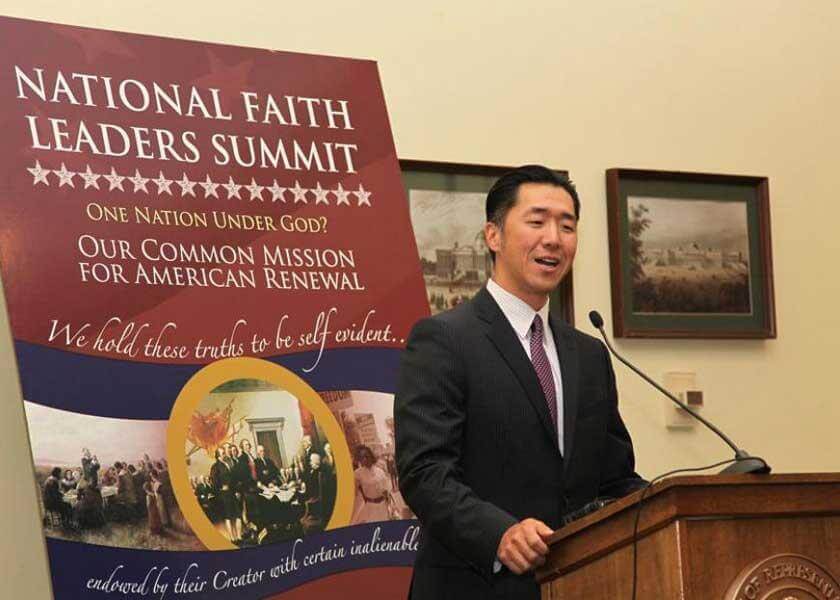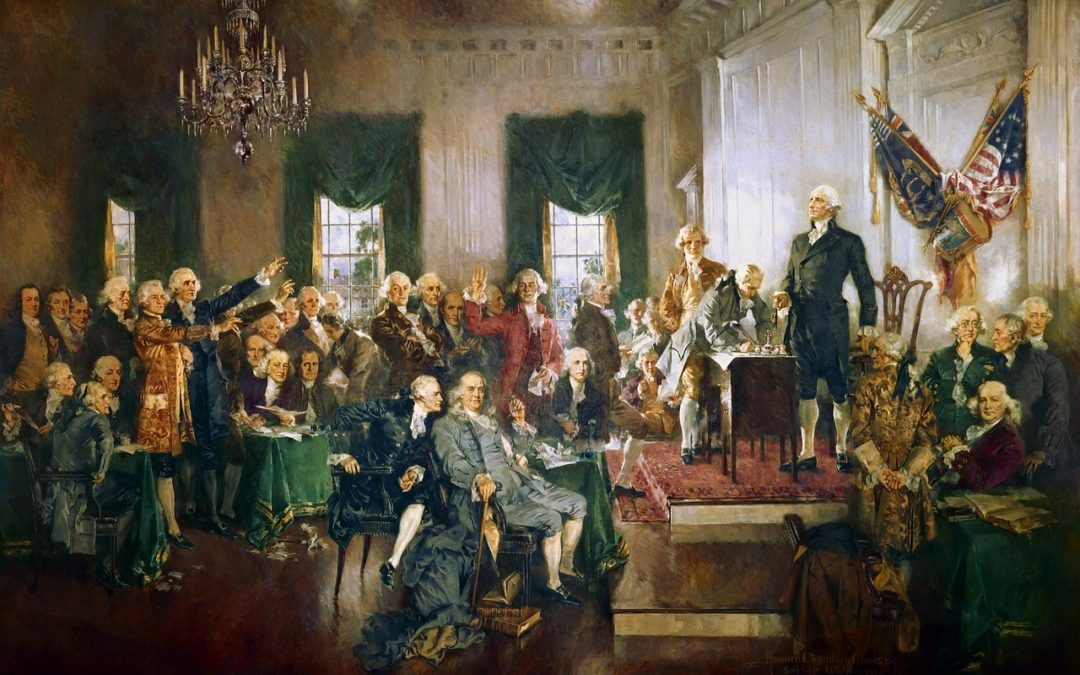I was working with a second grader on her sample test essay. The prompt read, “What does the American flag mean to you?” We were creating an idea web together. She carefully drew circles and put in words like, “freedom,” “dreams,” “patriot.” Then she took a deep breath and paused, her pencil poised above the paper.
“What is it?” I asked.
“I thought of God, but I don’t think I can write that, can I?”
 I was stunned. She was in second grade, and already she was being taught that she should not bring her private, spiritual, religious convictions into the public, they were – private – and should be left for home or her religious community.
I was stunned. She was in second grade, and already she was being taught that she should not bring her private, spiritual, religious convictions into the public, they were – private – and should be left for home or her religious community.
The pervading solution of the growing religious diversity in the United States has been to leave religion out of the public rather than represent the diverse perspectives. This in turn has left a void in the public square of the voice of faith and spiritual leaders.
Yet, if one looks back on the intentions of the founding fathers of the United States, those who gave voice to the vision that compelled them to separate from the largest empire in the world to try an experiment to prove that men can be ruled “for the people and by the people,” it becomes clear they did not envision a public discourse sans the contribution of faith leaders, rather they saw faith and religion as the foundations of democracy.
Here are just a few quotes from the founding fathers on the role of religion in American society:
- Virtue or morality is a necessary spring of popular government. ~George Washington
- Let divines, and philosophers, statesmen and patriots unite…in instructing citizens in the art of self-government. ~Samuel Adams
- Can the liberties of a nation be thought secure when we have removed their only firm basis, a conviction in the minds of the people that these liberties are the gift of God? ~Thomas Jefferson
- Our Constitution was made only for a moral and religious people. It is wholly inadequate to the government of any other. ~John Adams
- Of all the dispositions and habits which lead to political prosperity, religion and morality and indispensable supports. ~George Washington

Dr. Hyun Jin Preston Moon speaks at the National Faith Leaders Summit in Washington DC 2011
There are many reasons why the voice of faith leaders has been pushed out of the public square, one being the heated conflict that occurs along religious lines. And this does behoove faith leaders to find common ground around shared values and issues to work together, especially knowing the essential, indispensable role that they play in undergirding the moral fabric of a democratic society.
Another reason is that faith leaders have become comfortable in their separate boxes, avoiding confrontation that could result from interaction with differences. However, as Dr. Moon pointed out in his call for American Reawakening, faith leaders have a responsibility to God and their principles and values to be active in the public, providing things that cannot be given by policy and laws — things like hope, forgiveness, and most importantly a reminder of where the value and basic human rights and freedoms of every person are grounded in.
I told the little second grader that she can and should put “God” in to her idea map and start her essay with that idea. Sadly, she was too afraid of how her teacher would respond, and self-censored herself.
I hope we can rethink how we are making our future citizens afraid to voice that which is closest and most powerful in their lives to avoid altercation. I hope that schools and public squares can invite the invocation of God and the expression of religion and spirituality, acknowledging that they are essential ingredients to a working and thriving democratic society.
This reflection is based on the experiences of a 2nd grade tutor from Queens, New York.

